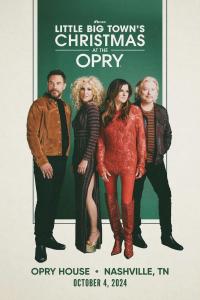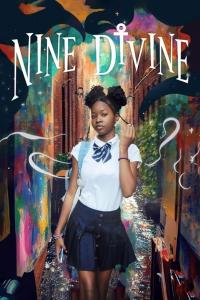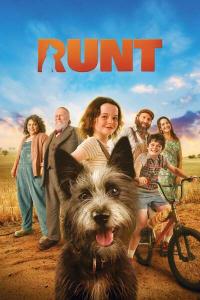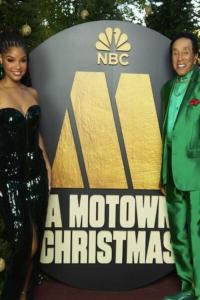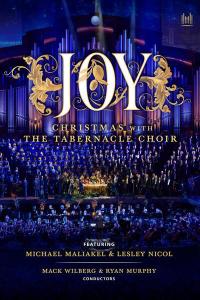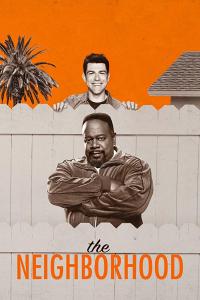Torrent details for "The Brothers Grimm - Complete Folk and Fairy Tales (20 books)" Log in to bookmark
Controls:
Language:
 English
EnglishTotal Size:
121.60 MB
Info Hash:
1c1a558673d735329690b6f792cbace8cf671deb
Added By:
Added:
08-07-2020 21:08
Views:
3,667
Health:

Seeds:
7
Leechers:
0
Completed:
147
Thanks for rating :
DarkMage


 (5), Michael5867
(5), Michael5867 (5), Mclass55
(5), Mclass55






 (5), ebolahanta
(5), ebolahanta (5), p751
(5), p751 (5), AKMZKC (5),
(5), AKMZKC (5),
DarkMage

THE BROTHERS GRIMM – JACOB (1785-1863) and WILHELM (1786-1859) – were German folklorists and philologists who together were among the most important German scholars of their time and the first and best-known compilers of German and European folk tales.
Their classic collection, CHILDREN'S AND HOUSEHOLD TALES (Kinder- und Hausmärchen, 1812-22), commonly known as GRIMM'S FAIRY TALES, established a methodology for collecting and recording folk stories that became the basis for modern folklore studies. The first edition contained 86 traditional tales, most of which were adopted from oral sources, and by the seventh edition in 1857 had more than 200 unique fairy tales, including the enduring "Cinderella", "Hansel and Gretel", "Rapunzel", "Beauty and the Beast", "Little Red Riding Hood", "The Wolf and the Seven Young Goats", "The Three Little Pigs", "Rumpelstiltskin", "Sleeping Beauty", and "Snow White". The first volumes were criticized because, although they were called "Children's Tales", they were not regarded as suitable for children, both for the scholarly information included and the subject matter. Many changes through the editions – such as turning the wicked mother of the first edition in "Snow White" and "Hansel and Gretel" to a stepmother, or eliminating sexual references – were almost certainly made with an eye to such suitability.
For the Grimms, folk poetry was the only true poetry, expressing the eternal joys and sorrows, the hopes and fears of humankind. In contrast to the extravagant fantasy of the Romantic school's poetical fairy tales, the 200 stories in the collection aimed at conveying the soul, imagination, and beliefs of people through the centuries c or at a genuine reproduction of the teller's words and ways. The great merit of Wilhelm Grimm is that he gave the fairy tales a readable form without changing their folkloric character.
Two hundred years later, the tales remain resilient and popular around the world. Their universal appeal — whether they are considered as psychological archetypes or as fantasy narratives — have inspired a myriad of print, theatrical, operatic, balletic, and cinematic adaptations.
The following books are in ePUB format unless otherwise noted:
* 101 Fairy Tales (Canterbury Classics, 2012). M. Hunt, trans.
* Complete Fairy Tales (Vintage, 2007). J. Zipes, trans.
* Complete Fairy Tales (Delphi Classics, 2017). Various trans.
* Complete Folk and Fairy Tales (Wisehouse, 2016). M. Hunt, trans.
* Fairy Tales from the Brothers Grimm (Penguin, 2013). P. Pullman, adapt.
* Fairy Tales of the Brothers Grimm (Duke Classics, 2012). E. Taylor, trans.
* Golden Key & Other Fairy Tales (Penguin, 2012). P. Pullman, adapt.
* Grimm Reader: The Classic Tales (Norton, 2010). M. Tatar, trans.
* Grimm's Fairy Tales (Barnes & Noble Classics, 2003). E. Dalton, ed.
* Grimm's Fairy Tales (Puffin, 2010). Matt Haig, ed.
* Grimm's Fairy Tales (Sterling, 2009). L. Crane, trans.
* Grimm's Complete Fairy Tales (Pantheon, 2011). M. Hunt & J. Stern, trans.
* Grimm's Tales for Young and Old (Anchor, 1983). R. Manheim, trans.
* Household Tales by the Brothers Grimm (Duke Classics, 2012). M. Hunt, trans.
* Juniper Tree and Other Tales (Pushkin, 2012). A. Bell, trans.
* Original Folk and Fairy Tales (Princeton, 2014). J. Zipes, trans. — ePUB + PDF
* Selected Tales (Penguin Classics, 2004). D. Luke, trans. — PDF
* Selected Tales of the Brothers Grimm (Archipelago, 2013). P. Wortsman, trans.
* Tales from the Brothers Grimm (minedition, 2012). L. Zwerger, illus.
* Tales of the German Imagination (Penguin, 2012). P. Wortsman, ed.
_____________________________________________________________________________
PLEASE HELP TO SEED! If you like these books and want others to have access to them, please help to seed for as long as you can. The more you seed, the longer the torrent will live, and the easier it will be for me to upload new content. Thank you!







